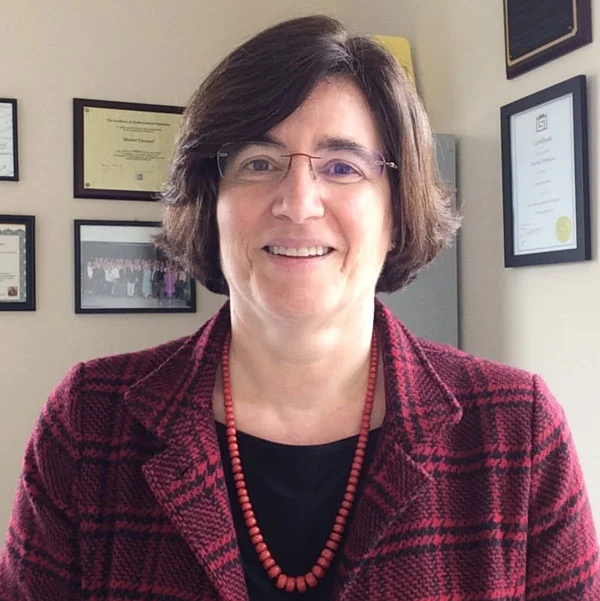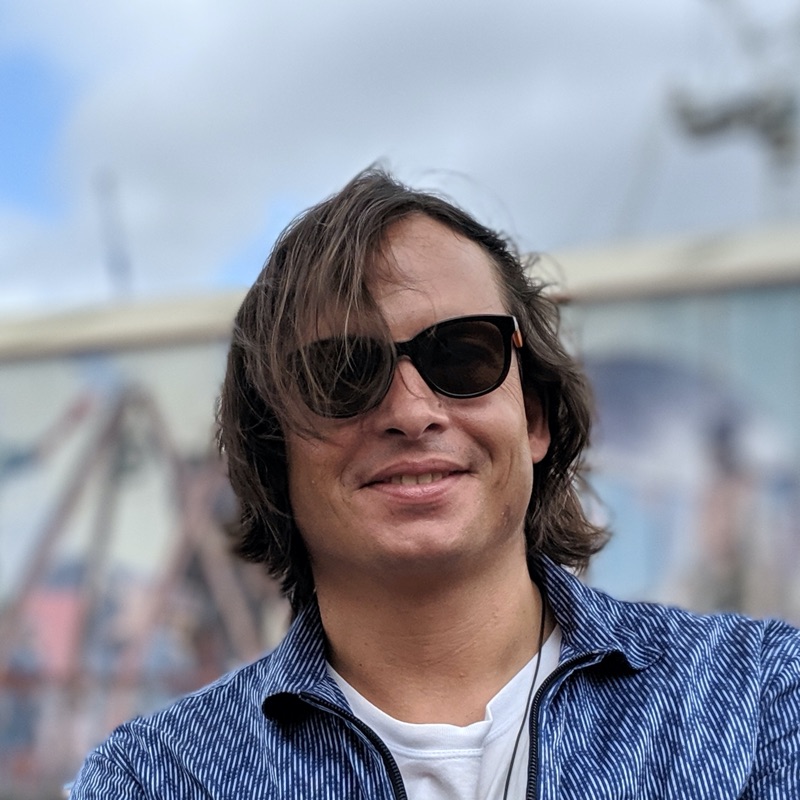Summer Schools & Co

Short Course "Bayesian Models for Complex Problems with Applications to Science"
14th january 2025, from 10.00 – 12.00 & 14.00 – 16.00
Speaker: Marina Vannucci – Noah Harding Professor, Rice University
Title: Bayesian Models for Complex Problems with Applications to Science
Abstract: In this talk I will present novel Bayesian methodologies that have been developed for specific applications to science. I will first motivate the talk by introducing data from different scientific studies, including neuroscience and microbiome studies. I will highlight common goals of these studies, such as variable selection, estimation of dependence structures and of latent states underlying the observed data. I will then describe statistical methodologies specifically tailored to these scientific problems, focusing the discussion on aspects of covariate-dependent modeling, variable selection priors, graph estimation, and strategies for efficient posterior inference. Applications will include assessing seizure risk in patients with epilepsy, estimating dynamic brain connectivity states based on neuroimaging data, and integrative modeling of microbiome data.

Short Course "An Introduction to Multiplicity in clinical trials"
1st December 2022, from 2.30 – 5.30 pm
Speaker: Giacomo Mordenti – Head of Evidence Generation, Daiichi Sankyo Europe GmbH
Title: An Introduction to Multiplicity in clinical trials
Abstract: Multiplicity of inferences is present in virtually all the experiments and it is particularly critical for clinical trials. The usual concern with multiplicity is that, if it is not properly handled, has the potential to severely undermine the evidence generated from such experiments. In particular claims for safety and effectiveness of a drug may be made as a consequence of an inflated rate of false positive conclusions. Control of the study-wise rate of false positive conclusions at an acceptable level α is an important principle and is often of great value in the assessment of the results of confirmatory clinical trials. The presentation will cover:
- Introduction to the concept of multiplicity
- How it affects statistical conclusions of an experiment
- Introduction to the most common methods for handling multiplicity
- Introduction to the graphical models for multiplicity
- Case study
- Conclusions

Short Course "Time Series Models"
14th-15th June 2022
Speaker: Dante Amengual – CEMFI
Title: Time Series Models
Outline: This course studies statistical models for describing and predicting economic and financial time series, and analyzing the interrelations suggested by economic theory.
Topics:
- Univariate time series: Stochastic processes. Serial correlation and stationarity. Prediction theory and Wold decomposition. ARMA models. Temporal aggregation.
- Multivariate time series: Correlation structure and stationarity. VARMA models. Contemporaneous aggregation, marginalization, and causality. Impulse-response analysis. Dynamic models with latent variables. Kalman Ölter.
- Integration and non-linear models: Integrated processes. Cointegration. Non-linear models. ARCH and stochastic volatility. Dynamic models with time-varying parameters. Hamilton Ölter.